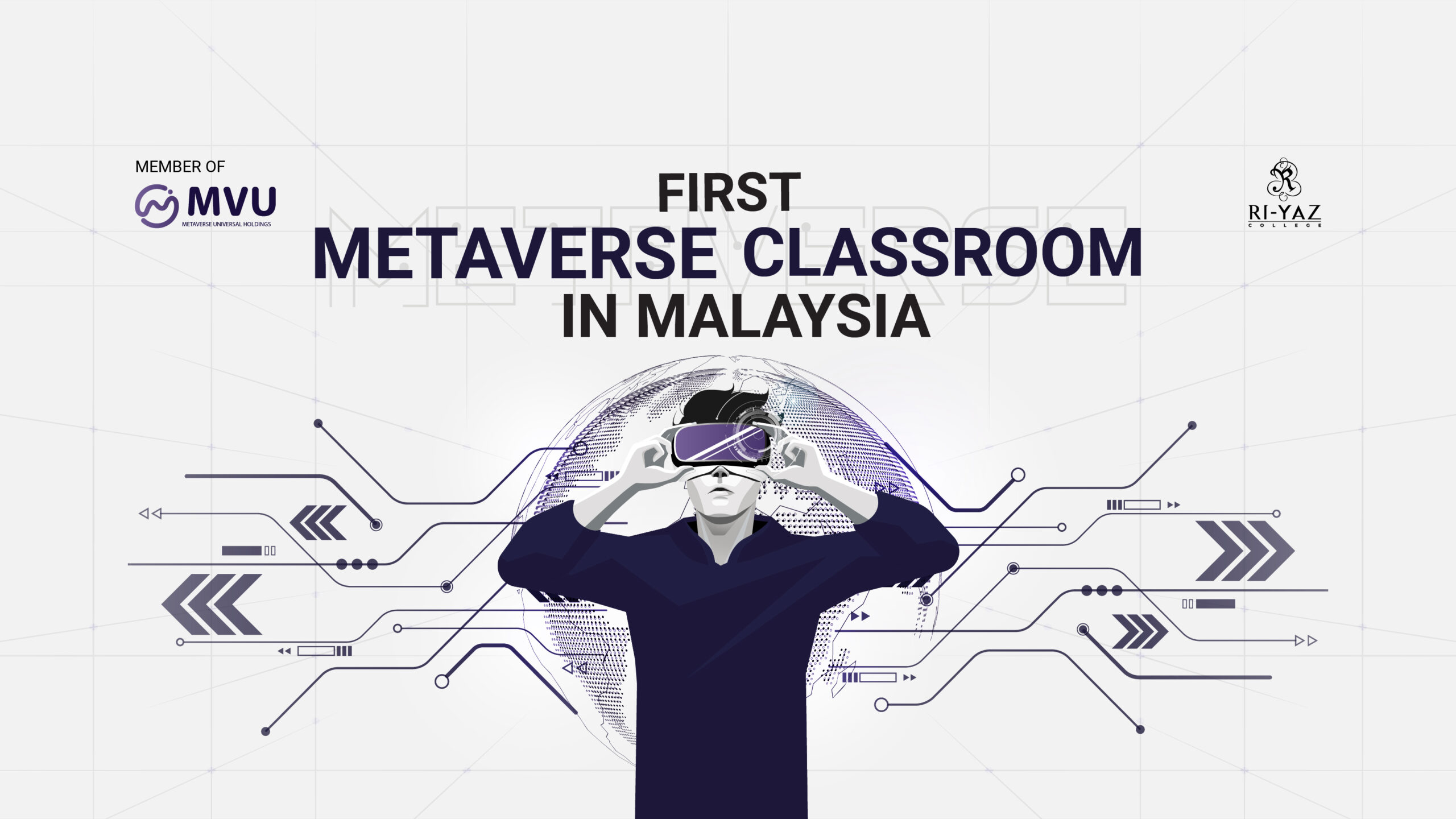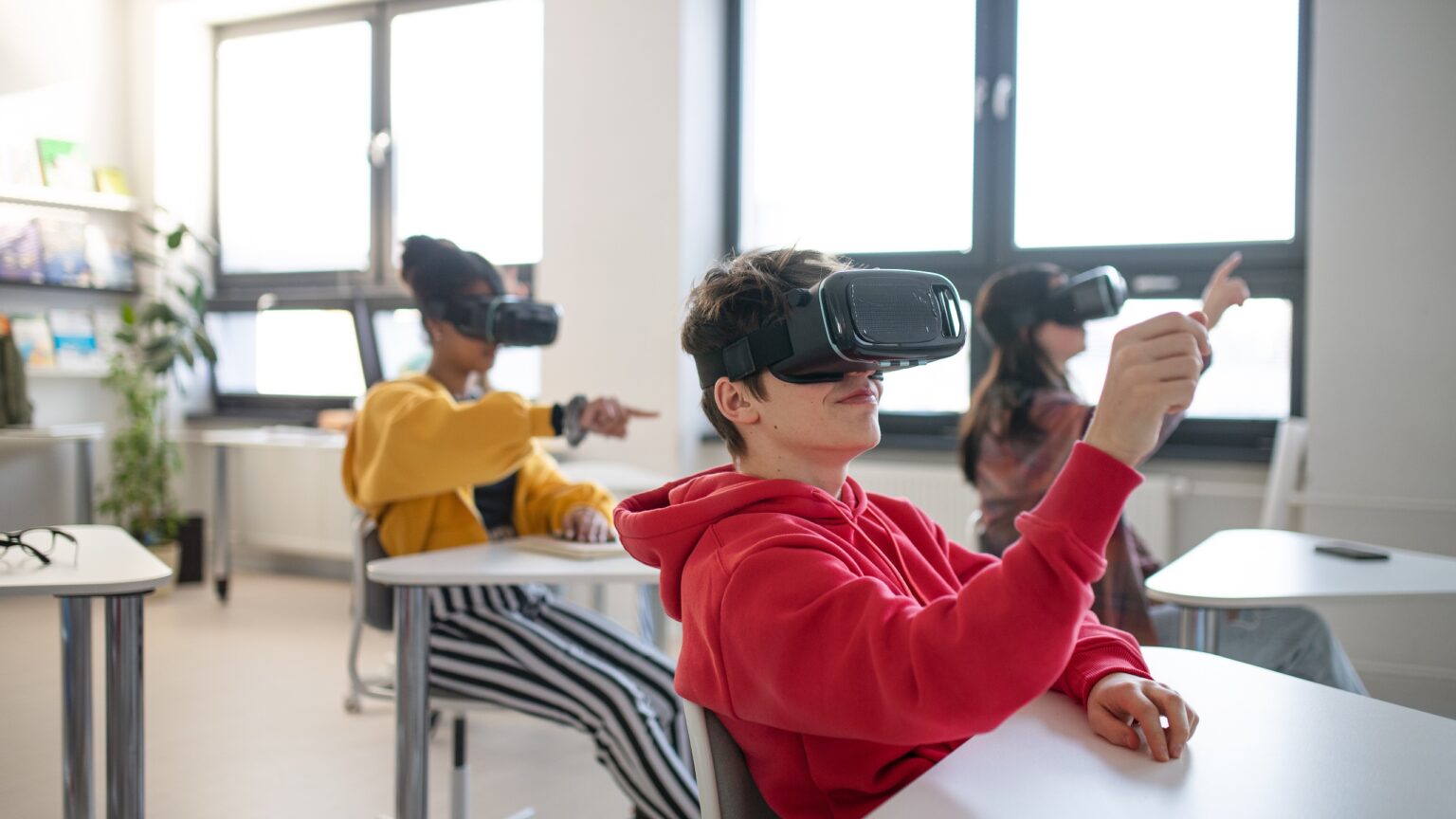Virtualtech Frontier (VTF), a metaverse and immersive technology startup, has partnered with MetaSkool, an educational initiative that is changing traditional teaching through metaverse integration with the Malaysian Digital Economy Corporation (MDEC), to launch an immersive learning experience.
For the MetaSkool program, VTF serves as the technology subject matter expert and supplies the necessary tools, technology modules, and metaverse socialization workshop. In contrast, Universiti Kebangsaan Malaysia’s (UKM) Faculty of Education serves as the program’s strategic partner and performs pedagogy and impact study research.
Also Read: Why Musk Files Lawsuit Against OpenAI and Sam Altman
The program includes training teachers in pilot schools, creating frameworks, deploying modules, creating worlds for lesson plans, and facilitating metaverse socialization through student workshops. During the pilot phase, MetaSkool plans to train 500 students and a limited number of school teachers. Later in 2024, the company hopes to increase the number of participants.
MALAYSIA UNVEILS REGION'S FIRST SCHOOL-BASED #Metaverse EDUCATION PROGRAM METASKOOL – EIN Presswire https://t.co/2qYBSzKLZJ via @ein_news
— Ajay Pandey (@pandeyajay7) March 4, 2024
VTF and MDEC executives speak
Jason Low, the CEO of Virtualtech Frontier, said that as they navigate towards an era where the upcoming generation has grown up with early exposure to mobile technology, it becomes imperative for education to actively cultivate a genuine interest in learning. He added that at VTF, their commitment lies in elevating the learning experience, with a particular focus on harnessing the potential of virtual technology.
Additionally, the CEO said they believe in shaping education to align with the evolving needs of today’s tech-savvy learners, fostering a dynamic and engaging approach to knowledge acquisition.
However, Ts. Mahadhir Aziz, Chief Executive Officer of MDEC, said that MDEC is thrilled to collaborate with VTF and UKM in a significant stride towards enhancing digital capabilities and equipping their talent with essential innovation skills.
According to him, the MetaSkool project, launched just last year, perfectly aligns with the Malaysia Digital (MD) national strategic initiative and Malaysia Digital Catalytic Programmes (PeMangkinMD), underscoring their aim to position Malaysia as the digital hub of ASEAN. Also, he added that through extensive learning opportunities for both educators and students, they are laying a strong foundation for the nation’s future in the rapidly evolving digital economy.

Metaverse in Malaysia
The metaverse classroom at Phoenix Asia Academy of Technology is an illustration of metaverse integration. This immersive space removes time-bound restrictions, substituting efficiency with a dynamic and immersive learning environment for students. It is the metaverse classroom in Malaysia, breaking free from traditional constraints. By providing a safe environment for inquiry and active participation, students can express their opinions through the metaverse.
Since the metaverse is still relatively new, it is not currently governed by any direct regulatory framework in Malaysia. The applicable laws that regulate the specific activities carried out via the metaverse would depend on the technologies used to run the metaverse and the various functionalities that stem from them.
With 98.5% satisfaction rates, nations like South Korea, Taiwan, and Japan have illuminated the path, highlighting the metaverse’s success.
[UTKR] Metaverse education blossoms in South Korea, Japan, Taiwan: From South Korea to Taiwan, schools and other organizations are tapping the metaverse as a tool for instruction, experimenting with VR applications to …
View article… https://t.co/xDmYZ7TJSp
— Stigmabase | UNITWO (@StigmabaseU) May 8, 2023
For it to reach its full potential, the educational ecosystem as a whole must work together. From a Malaysian perspective, it is imperative that this involves collaborations with organizations such as the Malaysia Digital Economy Corporation (MDEC), the Ministry of Education (MOE), and the Ministry of Higher Education (MOHE).









 and then
and then